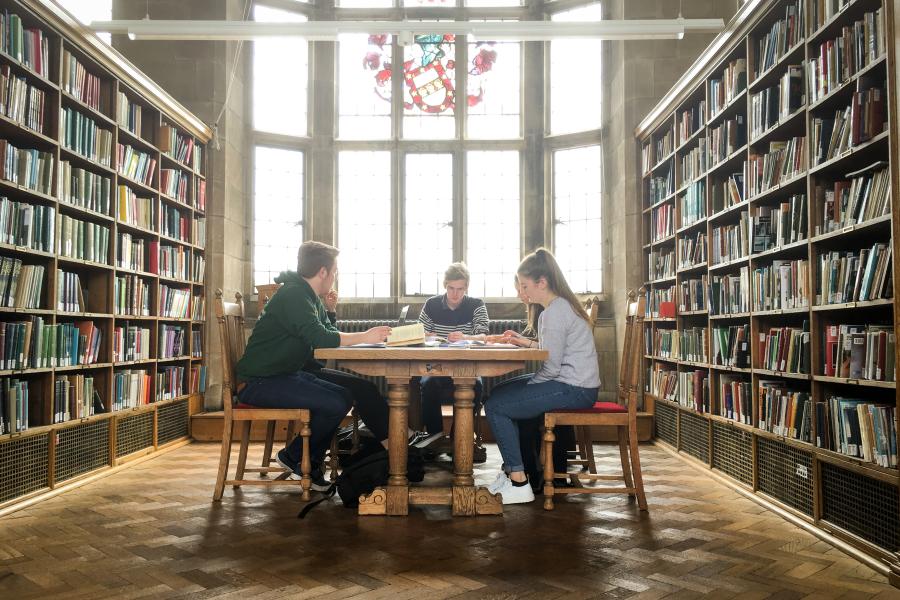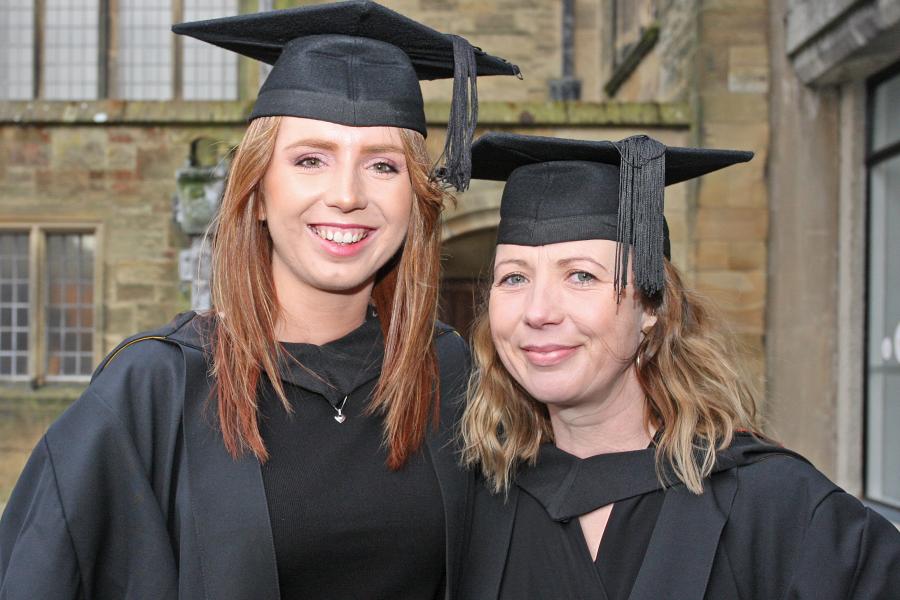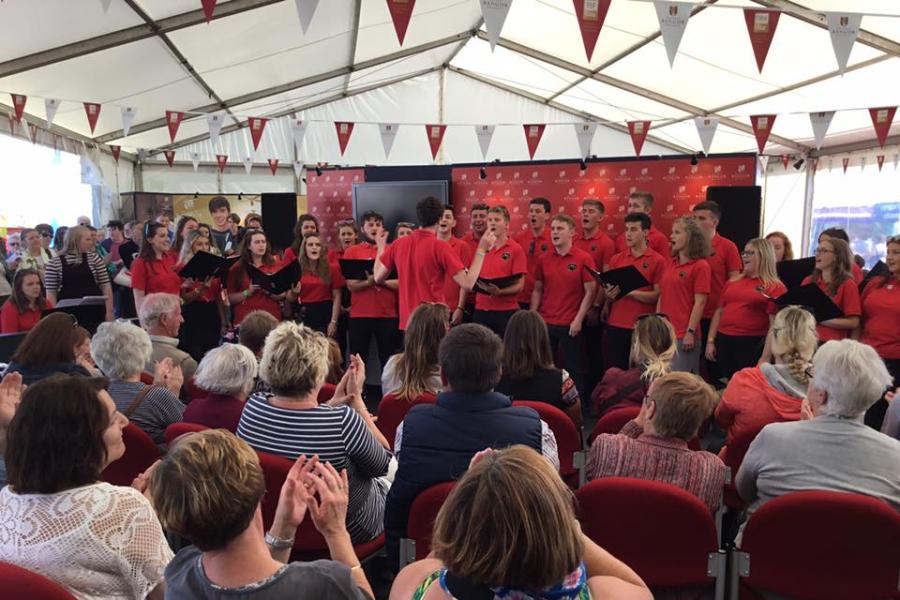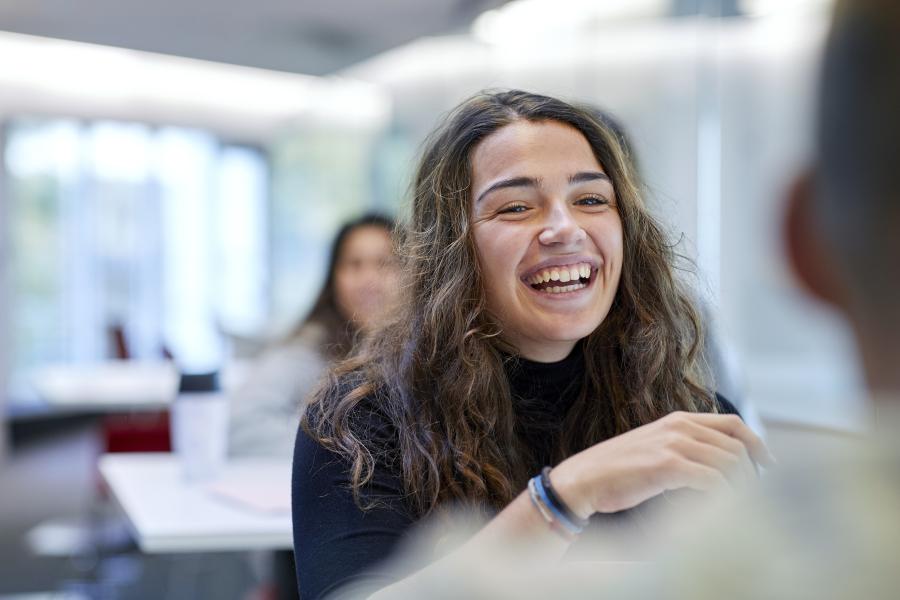Welsh Scholarship
The School of Welsh is one of great eminence. From its foundation more than a century ago it has made an immense contribution to Welsh scholarship, literature and culture. Indeed, many scholarly studies in Celtic in several countries are based on work carried out at Bangor.
Single or Joint Honours
Not only does the School of Welsh offer single and joint honours degrees for undergraduates but also the chance to study a degree in Welsh as a second language.
High Quality Education
Bangor University has a reputation for high quality education and a number of the school’s students decide to stay on for a postgraduate course.
Careers
Many of our graduates have made their mark as lecturers, authors and poets after receiving an excellent start at the School of Welsh.






